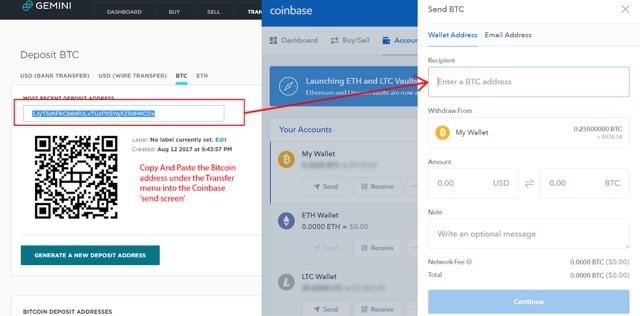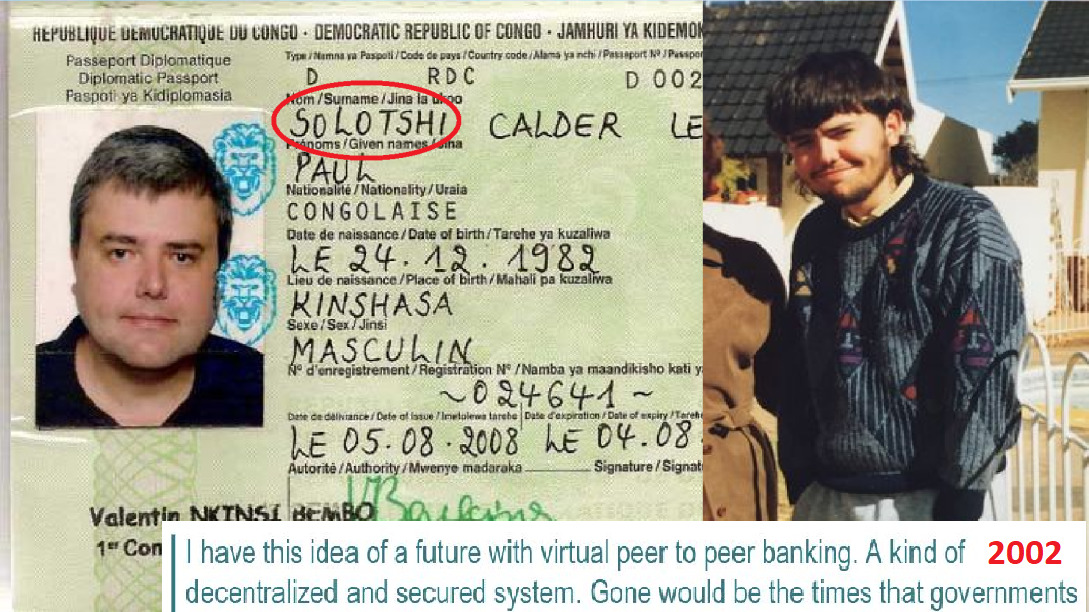As has been reported widely, digital token sales (sometimes referred to as initial coin offerings or ICOs) arguably are becoming increasingly important as a new form of capital raising. To date, certain regulators (including the U.S. Securities and Exchange Commission (the “SEC”)) have provided ongoing guidance (including through enforcement actions, speeches and market educational materials) warning that sales of digital tokens to U.S. persons in ICOs are exceedingly likely to be sales of investment contracts and, hence, sales of securities.
While many predict coming waves of ICO-related litigation, thus far, relatively few U.S. courts have weighed-in about some of the most fundamental questions relating to digital token sales.
Perhaps for that reason, among others, when courts do address certain token-related questions, headlines are made. Many in the crypto and legal communities, understandably, are eager for answers. It is critical, though, that when analyzing judicial guidance, we, collectively, remember the procedural posture, or “stage,” of a given action and listen closely to what is said – and what is not (yet) said – by the court.
The Zaslavskiy Order: Denial of a Pre-Trial Motion to Dismiss
Earlier this week, on September 11, 2018, the United States District Court for the Eastern District of New York (the “Court”) issued a Memorandum and Order (the “Zaslavskiy Order”) concerning The United States of America vs. Maksim Zaslavskiy, one of the more prominent ICO-related actions. While the Zaslavskiy Order arguably provides important guidance to token sellers, other market participants and their lawyers, it is critical to recognize that the Court did not determine that Maksim Zaslavskiy’s (“Zaslavskiy”) token sales were sales of securities. Rather, the Zaslavskiy Order denied Zaslavskiy’s pre-trial motion to dismiss a criminal indictment and determined that “[t]he case will proceed to trial.”
Basic Background
In 2017, the SEC and, later, the United States Department of Justice (the “DOJ”) each filed an action against Zaslavskiy, alleging securities fraud in connection with two ICOs, one relating to diamonds and one relating to real estate. In early 2018, Zaslavskiy filed a motion to dismiss both the criminal indictment, and the SEC’s enforcement action, where he is represented by Jason Nagi of Polsinelli, PC. The motions asked the Court to consider: “(i) whether the securities laws are appropriately applied to cryptocurrencies; (ii) whether Zaslavskiy’s token sales constitute “investment contracts” under the test articulated in SEC v. W.J. Howey Co., 328 U.S. 293 (1946); and (iii) whether the securities laws are void for vagueness as applied to cryptocurrencies and token sales.”
In the Zaslavskiy Order, the Court denied Zaslavskiy’s pre-trial motion to dismiss, stating, “Because the Indictment is sufficient under the Constitution and the Federal Rules of Criminal Procedure, and because the law under which Zaslavskiy was charged is not unconstitutionally vague as applied, Zaslavskiy’s motion is denied.”















